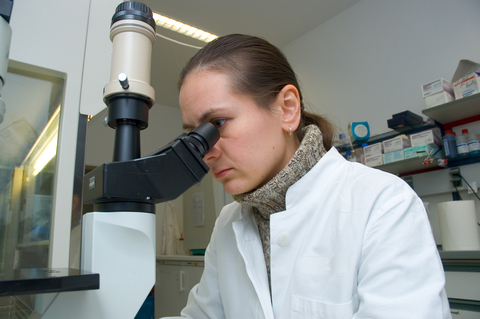Study finds aspirin could cut the risk of death in cancer patients

Patients with a wide range of cancers who take aspirin as part of their treatment could help to reduce their risk of death by 20%, according to a major review of existing research.
Cardiff University says its researchers carried out a systematic review of a hundred and eighteen published observational studies in patients with eighteen different cancers.
They pooled the results and found that in a total of about two hundred and fifty thousand patients with cancer, who reported taking aspirin, this was associated with a reduction of about 20% in cancer deaths.
The review said the available body of evidence on its efficacy and safety “justifies its use” as a supplementary treatment in a wide range of cancers and patients should be informed of this.
Their review is published in the open access journal eCancermedicalscience.
Lead author Professor Peter Elwood, Honorary Professor at Cardiff University, who has studied the effects of aspirin for more than fifty years, said “In recent years, my research team and I have been struck by the actions of aspirin on the biological mechanisms relevant to cancer – and these seem to be the same in many different cancers.
“We therefore wanted to review the scientific evidence available on the use of aspirin as an additional treatment for a wide range of cancers.
“Overall, we found that at any time after a diagnosis of cancer, about 20% more of the patients who took aspirin were alive, compared with patients not taking aspirin.”
The team also considered the risks of aspirin taking and wrote to an author on each of the papers asking about any stomach or other bleeding episodes.
The review found a small number of patients had experienced a bleed, but there was no evidence of any excess deaths attributable to bleeding in the patients on aspirin.
Peter Elwood said “Our research suggests that not only does aspirin help to cut risk of death, but it has also been shown to reduce the spread of cancer within the body – so-called metastatic spread.
“There is now a considerable body of evidence to suggest a significant reduction in mortality in patients with cancer who take aspirin – and that benefit appears to not be restricted to one or a few cancers.
“Aspirin therefore appears to deserve serious consideration as an adjuvant treatment of cancer and patients with cancer and their carers should be informed of the available evidence.
“However, we must also stress that aspirin is not a possible alternative to any other treatment.”
In 1974 a research team led by Peter Elwood and Professor Archie Cochrane at the Medical Research Council’s Unit in Wales were the first to show that taking an aspirin tablet a day reduced deaths from heart disease and stroke by about 24%.
The report gained global traction in 1990 and was judged by the BMJ to have been one of the top fifty most important research studies published since 1945.
Peter Elwood said his original study stimulated a new phase of research work on aspirin. At the time of the report about a hundred clinical research studies on aspirin were published each year, but now more than a thousand are reported each year. He said a number of new clinical trials had been set up to test aspirin treatment in several cancers and the results of these should offer further clear evidence.
He said “Further research into aspirin and cancer would clearly be of great value, and new studies should be encouraged, especially if focused on some of the less common cancers.”








